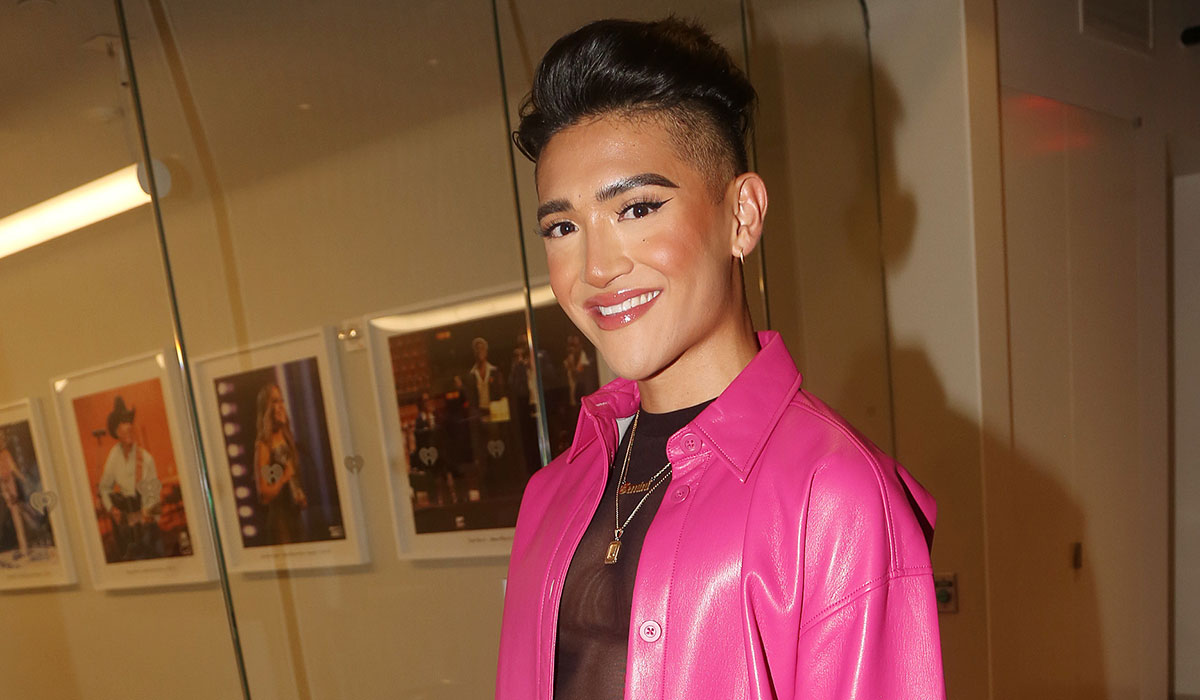Nonbinary Star Rejects Tony Award Nomination: A Historic Stand for Representation
The theater world is buzzing after nonbinary actor, [Actor's Name], rejected their Tony Award nomination for their outstanding performance in [Play's Name]. This bold move has sparked a vital conversation about representation, inclusivity, and the ongoing fight for equitable recognition within the performing arts. [Actor's Name]'s decision isn't just a personal statement; it's a powerful commentary on the systemic issues within the Tony Awards and broader entertainment industry.
A Powerful Statement on Representation
In a heartfelt statement released on social media, [Actor's Name] explained their decision, highlighting the lack of genuine inclusivity and the need for systemic change within the Tony Awards' nomination process. They argued that the current system, while making strides in acknowledging nonbinary performers, still falls short of true representation. The statement emphasized that simply including nonbinary individuals in existing categories isn't enough; it's a superficial fix masking deeper issues.
Key Points from [Actor's Name]'s Statement:
- Demand for Non-Binary Specific Category: The statement strongly advocated for a dedicated category for nonbinary performers, arguing that placing nonbinary actors in gendered categories undermines their unique identities and contributions.
- Critique of Tokenism: [Actor's Name] subtly critiqued the potential for tokenism, suggesting that their nomination might be a performative act of inclusion rather than a genuine commitment to equitable representation.
- Call for Systemic Change: Beyond their own nomination, the statement urged for broader systemic changes within the Tony Awards and the larger theater industry, advocating for greater inclusivity in casting, writing, and production.
The Broader Implications for the Theater Industry
[Actor's Name]'s courageous act has ignited a much-needed debate about inclusivity in the arts. The rejection of a prestigious award highlights the limitations of surface-level inclusivity initiatives and emphasizes the need for more substantial and meaningful changes. This event forces us to question:
- Are existing awards categories truly inclusive? The debate now centers on whether gendered categories can ever adequately represent the diversity of gender identities.
- How can we ensure authentic representation, not tokenism? [Actor's Name]'s actions raise concerns about awards shows using nonbinary representation as a publicity stunt rather than a genuine commitment to equality.
- What concrete steps can the theater industry take towards true inclusivity? The call is for tangible changes in casting, writing, and production to ensure genuine and equitable opportunities for nonbinary performers.
The Path Forward: Beyond Symbolic Gestures
This pivotal moment in theater history isn't merely about one award; it's about the future of representation. [Actor's Name]'s rejection of the Tony Award nomination serves as a catalyst for much-needed dialogue and action. The industry must move beyond symbolic gestures and implement substantive reforms to create a truly inclusive and equitable space for all artists, regardless of gender identity. This requires a collective effort from casting directors, producers, playwrights, and award organizations alike.
Related Articles:
- [Link to an article about inclusivity in the arts]
- [Link to an article on nonbinary representation in media]
Keywords: Tony Awards, Nonbinary, Actor, [Actor's Name], [Play's Name], Representation, Inclusivity, LGBTQ+, Theater, Award Rejection, Systemic Change, Tokenism, Gender Identity, Performance Arts
Call to Action: What are your thoughts on [Actor's Name]'s decision? Share your opinions in the comments below! Let's keep the conversation going about how to create a more inclusive theater industry.
